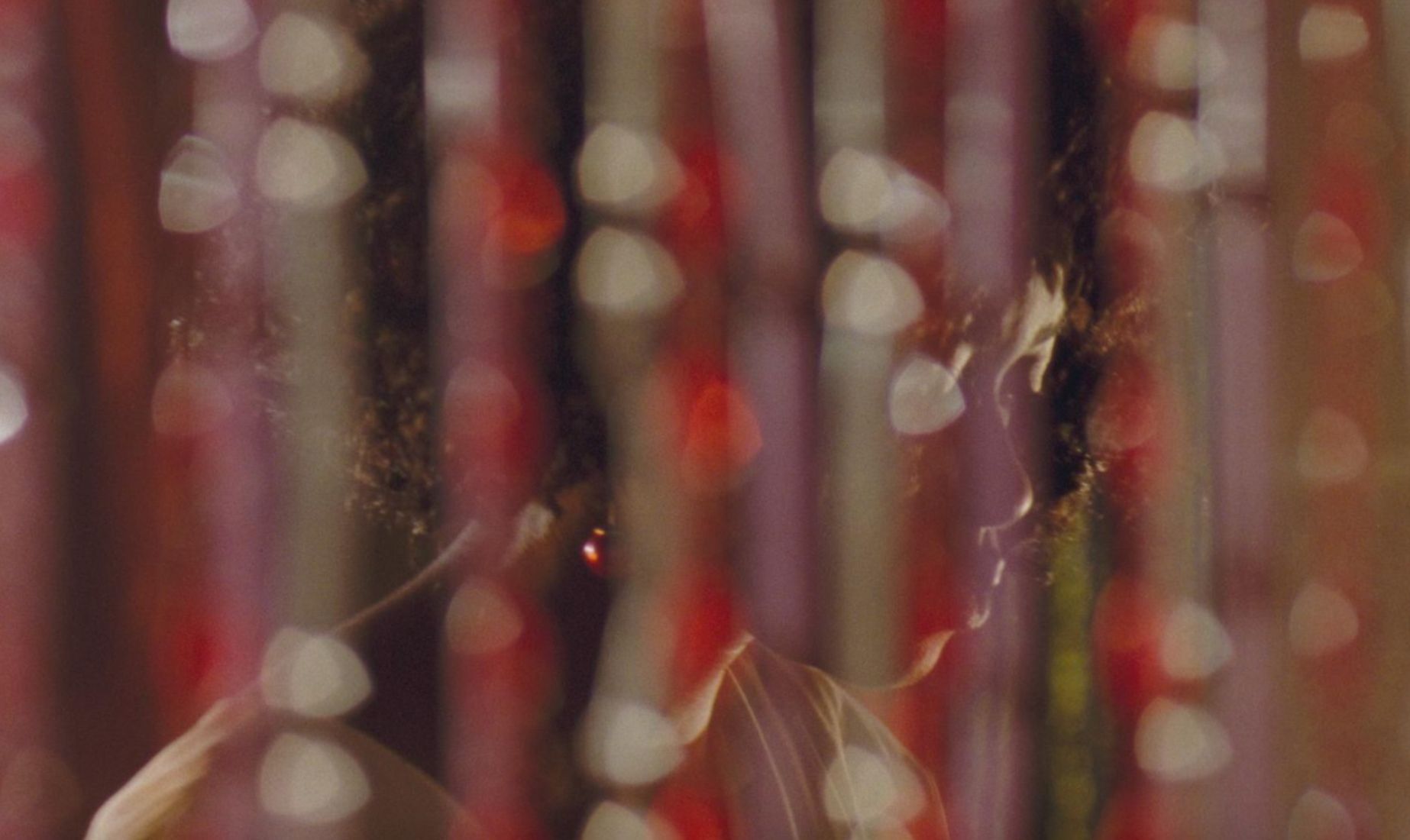Home is profoundly where the heartache is in Eyimofe (This Is My Desire), a finely wrought, wistful but mildly unsatisfying debut feature by Nigerian-raised, New York-educated twins Arie and Chuko Esiri. Tracking two resilient Lagos residents, in sequential order, united by one goal––to illegally migrate in search of a better life––the film occasionally feels akin to an immaculately put-together class assignment, over-mindful of the reaction of an end user or assessor, rather than a risky, personality-infused piece of art.
When a real-world locale or environment comes to global notoriety, as Lagos has––one of the world’s fastest-growing cities, with an overall metropolitan population of over 20 million––you can expect art-making and cultural depictions to keep pace. There is of course the burgeoning local film industry, known informally as Nollywood, but its output is little-seen internationally; its indigenous music, such as the ’70s Afrobeat of Fela Kuti and the contemporary, autotune-laden Afrobeats scene, has been a better global ambassador. And now we have Eyimofe, which has turned heads on the pandemic-depleted international festival circuit, amounting to a poisoned valentine addressed to Lagos, where every positive feature of life in the city is contrasted with anger at its numerous defects. For the Esiris, individual valor and agency is not enough: the tenor of Lagos will forever define you, hold you back, imprint itself on your fragile soul.
The film’s successive chapters are pointedly entitled ‘Spain’ and ‘Italy’; the primary figures in each are, respectively, middle-aged electrical repairman Mofe (played by British actor Jude Akuwudike; the name a diminutive of ‘Eyimofe’) and twenty-something hairdresser Rosa (Cynthia Ebijie). The hardships of their labor-intensive lives sends their imaginations fleeing northward over the Atlantic Ocean, a supposedly more enlightened hemisphere freeing them from the poverty line, and the numerous afflictions concerning being poor in a megacity: unhealthy sanitation, corrupt civic institutions, and exploitation along class and gender lines. The longed-for, green passports are faked, but the expenses incurred to seek them are all too vivid and real, casting an ever-growing financial and existential debt on the dual protagonists’ backs.
Hit by an abrupt family tragedy, Mofe is blocked by an arcane law preventing him from accessing his sister’s financial accounts; this puts him at war with his mendacious father, living on the outskirts of the city, who seeks to profit in lieu of his son. He loses his job, and the promise of that fake identity recedes. If a particular strand of Loach and Dardennes-alike social realism proceeds from clear goals, the filmmakers here stack the scales so their characters flounder, compromises buckling under more misfortune. Rosa is also responsible for her pregnant teenager sister, and must navigate two male suitors (a Lebanese-American expat, and her much-older landlord) who provide more pressures and manipulations, making that small crack of light in the window of freedom recede.
Fatih Akin’s The Edge of Heaven and Wong Kar Wai’s Chungking Express have been directly cited by the filmmakers as inspirations for Eyimofe, and I would also mention Amores Perros for its interleaving structure and top-to-bottom dissection of a megalopolis, teeming with such a bevy of unhappy people. But the sometimes plain and unadorned visual style fails to keep pace with the story’s thematics; the film’s overlaps and differences to Mati Diop’s Atlantique are also worth noting.
The over-stretched runtime of two hours lopes by, and the monotone, claustrophobic nature of the storytelling––adversity piling from every corner––begins to preclude engagement for the viewer. If the Esiri brothers succeed in conveying their conflicted relationship to their Nigerian heritage, the consequence for the audience is being unable to have a more open, questing, and curious response to it themselves.
Eyimofe (This Is My Desire) screens at New Directors/New Films.

